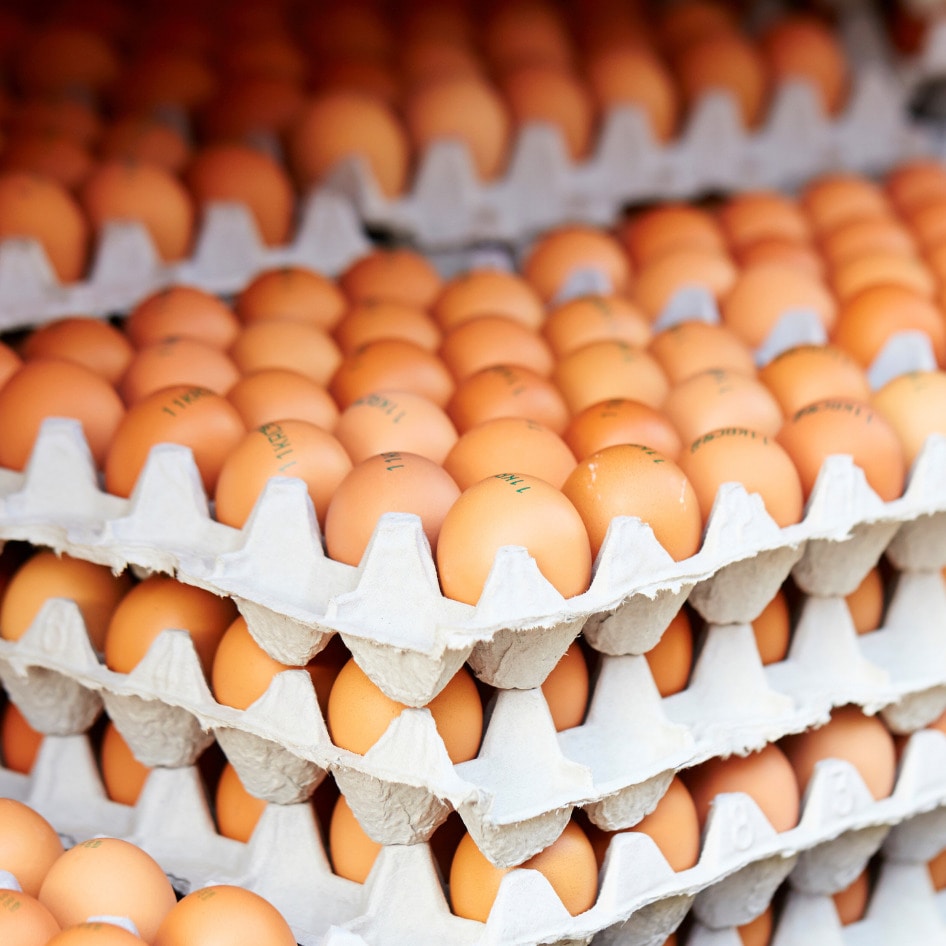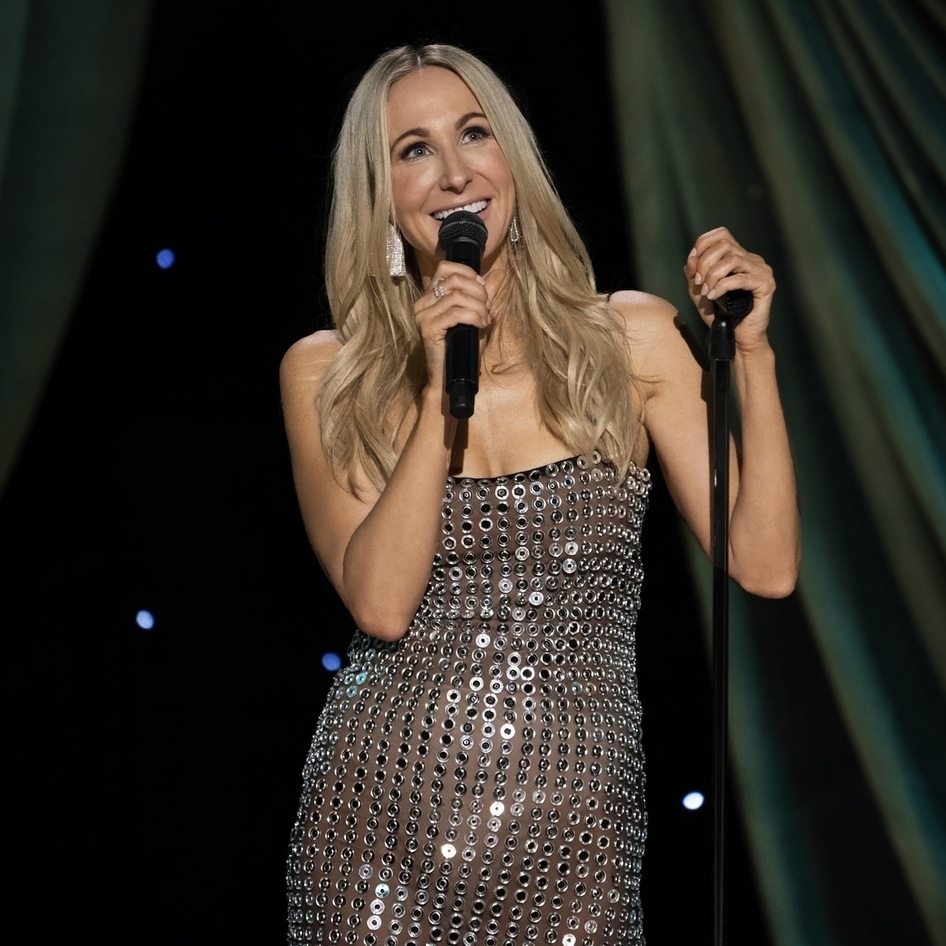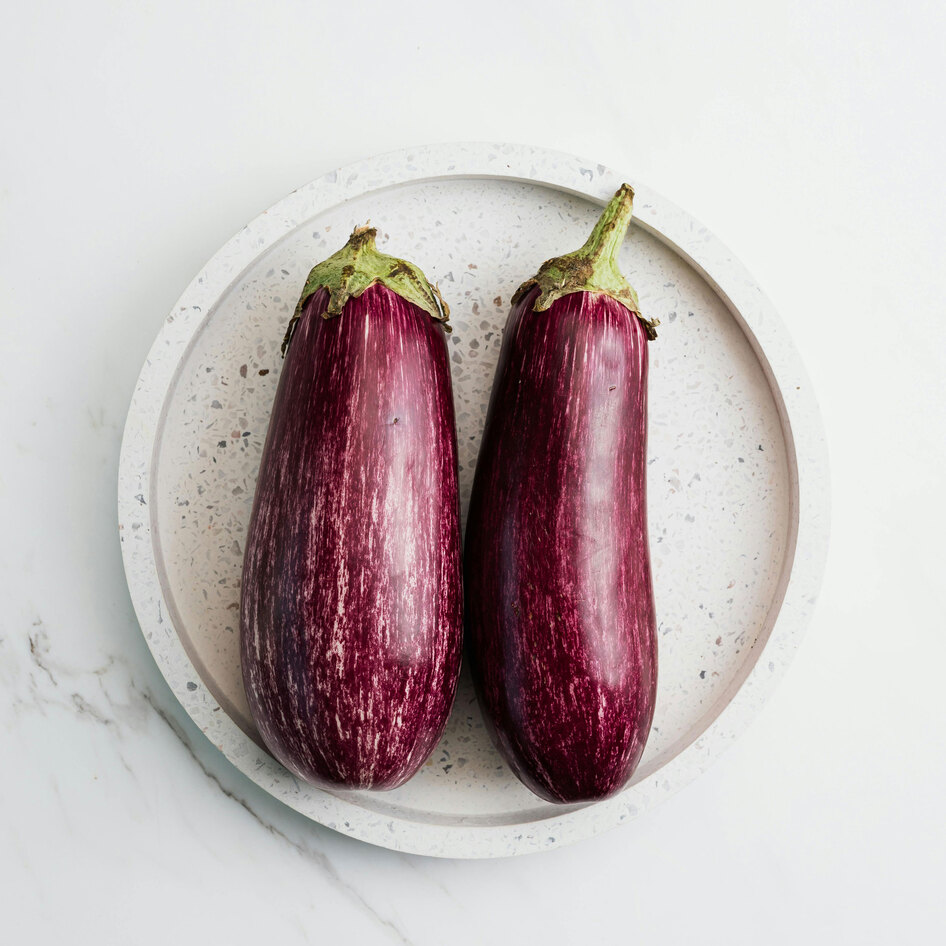The Guardian Says “Free-Range” is a Scam
Eggs obtained from an industry that routinely culls male chicks and burns hens’ beaks without anesthesia can never be cruelty-free, no matter what the end product is labeled.
January 31, 2017
An op-ed recently published on The Guardian proposes that eggs that are labeled “free-range” are wildly misleading to the consumer. Writer Chas Newkey-Burden explains that while it is convenient for the consumer to feel they are making a better choice when purchasing animal products with “humane” labels, they are ultimately supporting the inherent cruelty within the animal agriculture industry. “While frontline workers slaughter 22 million animals each day in the UK alone,” Newkey-Burden writes, “teams in the back office rebrand those carcasses, packaging them up and using inventive words to hide the truth from the consumer.” When it comes to eggs labeled “free-range,” the hens involved in their production are often tightly confined, routinely have their beaks trimmed without anesthesia, and are kept in conditions that force them to lay 500 eggs annually—whereas they would only lay 20 in the wild. Chas Newkey-Burden goes on to explain that even if hens are kept in more comfortable conditions, male chicks are “unceremoniously tossed into a machine and ground up alive,” as a byproduct of the egg industry, “free-range” or not. “So, for vegans, the very concept of the ‘ethical egg’ is essentially oxymoronic,” Newkey-Burden concludes, before suggesting that plant-based egg replacements—such as flax eggs—are a truly cruelty-free alternative.
JUMP TO ... Latest News | Recipes | Guides | Health | Subscribe







